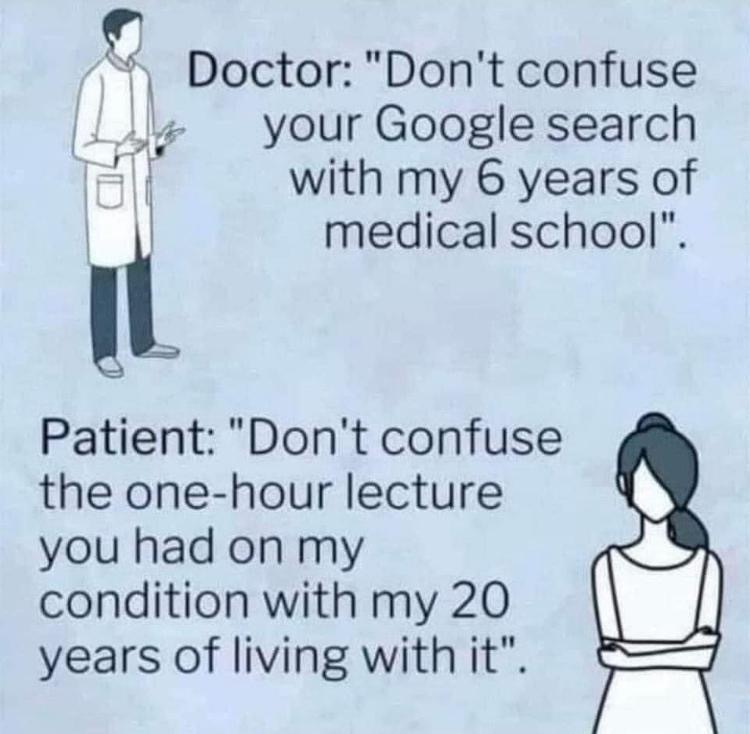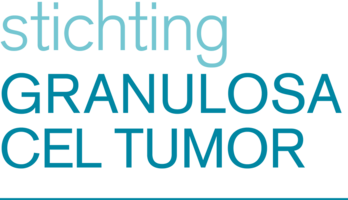hormone or systemic treatment
Hormones are one of the substances our ovaries, womb and breasts need in order to grow, develop and function. However, if cancer develops in one of these organs those hormones can stimulate the growth of cancer cells. The aim of hormone therapy is to stop or reduce this stimulating effect. The name ‘hormone therapy’ can cause confusion, as this is also the name of the therapy given to some menopausal women. They, however, are given active hormones in order to reduce severe menopausal symptoms. side effects and risksIt is not possible to predict how any individual will react to hormone therapy. The side effects differ from person to person and from medication to medication. Potential side effects are:• Menopause symptoms • Bone and joint issues and osteoporosis • Weight loss or gain • Sexual issues • Tiredness Discuss with your doctor which side effects could develop and how to prevent or reduce them, for instance through complimentary medication and lifestyle changes. It is not guaranteed that the medication will have the desired effect for patients with granulosa cell tumours and you should expect it to take at least three months before you know whether the medication works for you. The doctor will need to make an educated guess as to what might work. It will be a process of trial and error to discover what works, or to unfortunately experience that none of the medication that has been tried helps to reduce or stabilise the growth of the tumours. You will find an article about a retrospective study on hormone treatment here |  |
| In a 2019 study among patients with breastcancer it appeared that systemic hormone treatment has a bigger impact at the quality of life than chemotherapy. |  |
(foto freepik)
